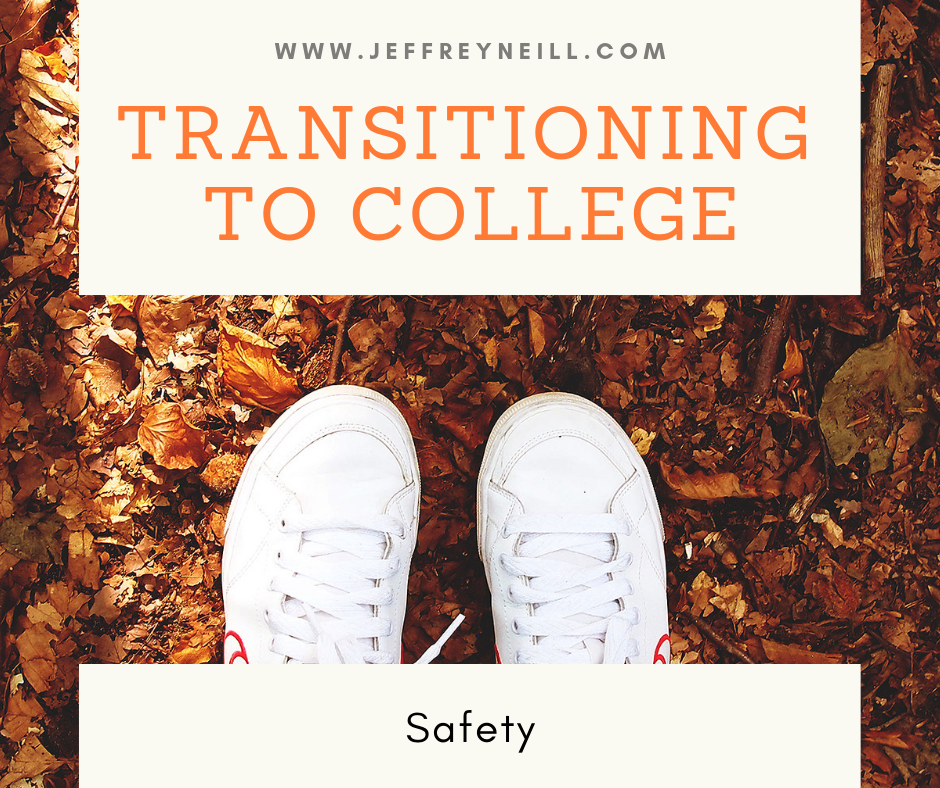I am routinely asked by students, parents, teachers, and administrators how to make sense of standardized testing. The world is changing around us, and the pandemic has cast a shadow of doubt over the enterprise of testing. With so many institutions having moved to a test optional evaluation model and with the announcement this week from College Board about their doing away with SAT Subject Tests, the landscape certainly has changed, and so I hoped to provide some clarity in regards to the advice I am providing at present.
Keep in mind that my priorities in shaping these recommendations include: 1. minimizing the number of sittings, while 2. maximizing the potential for high scores and 3. keeping as many options open as possible. Ultimately, each student needs to determine a standardized testing plan as part of their college search process, ideally in consultation with a counselor or advisor who can help craft a plan that works best for the individual.
Although previous recommendations (and those from elsewhere) continue to endorse a recommendation that students test when it is ideal based on their prep and coursework even if they do not know definitively if they will need testing, I am encouraging a bit more work in advance. For example, it has been often recommended that students sit for their first SAT and ACT in close proximity to each other without test prep in the sophomore (grade 10) year to verify which test is better to focus energies upon, with so many institutions now on a test optional policy, I recommend that students do a bit more work on their college list. Put some time in, hash out a list, even if it is large (20-30 long), and take a look at what those schools are requiring in regards to testing. Based on recent work with several students, to do this work for a list of 30 schools takes less than an hour and is a small price to pay for the clarity that it can provide. Of course, just because your schools do not require testing does not mean you automatically should not test, but it gives you more information to work with. And, it should be gauged how likely the student is to modify their list of schools, of course. In the end, though, this research should result in more students choosing not to test and instead to focus their efforts on far more effective uses of time, including their academic work and hobbies.
If you choose to pursue testing, consider the following points:
SAT & ACT. We recommend that students take the SAT and ACT in the junior year, without test prep, to determine which of the two tests is the best fit and to get a baseline score. Previously, we have recommended students to sit for the SAT/ACT only if they know they will apply to college or university in the United States or think that they might, but it is increasingly the case that the SAT/ACT can provide an alternative pathway to admission to non-US universities. Ultimately, we recommend that all students sit for the SAT/ACT during the junior year. (Also, it is helpful for students to have taken the SAT/ACT in the fall of the junior year to inform the beginning of their process second semester.) Additionally, if you can find a way to sit for legitimate mock tests, then it is entirely possible to avoid sitting for the actual tests: explore this option with your counselor and local prep agencies (but keep in mind that fee-charging agencies may have a vested interest in encouraging students toward one test or the other).
SAT Subject Tests. Given that the College Board has announced the phasing out of the Subject Tests, we do not recommend sitting for these tests. For international students, there still may be a lag of adoption of this policy by some universities, but still we recommend waiting to see if the test is required before sitting, and we do not recommend that students take these tests just to see how they do.
SAT Score Choice. Score Choice is a system through the College Board where students can choose to send only their best scores instead of allowing an institution to which they are applying to see all of their scores. Please read this additional piece on Score Choice.
TOEFL, Duolingo, or IELTS. We recommend that students take these tests only if their applications require them and as late as possible or if they have not been in an English-speaking high school for all four years (grades 9-12) of high school or if they have received ELL/ESL support during high school.
Test Prep. We recommend that all students prepare ("prep") for all standardized testing. There are many types of test prep before you should feel compelled to pay someone to tutor or provide test prep. Talk to your counselor before you spend money!
Additionally, we recommend that students put together a plan! Every student's plans are motivated by different factors and considerations, so be sure not to do too much comparing with others and instead focus on having good reasons for your decisions.
Of course, as the landscape continues to shift, so too will these recommendations. Stay tuned!





















